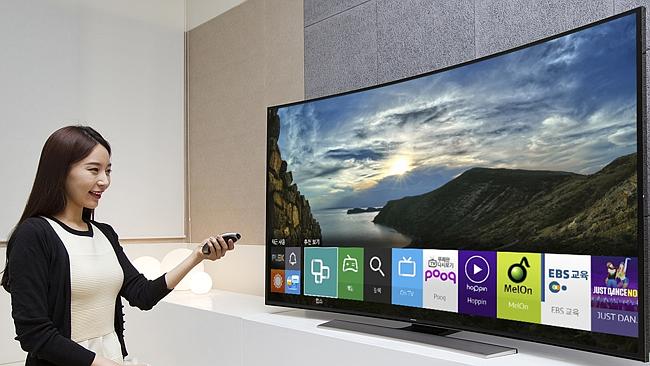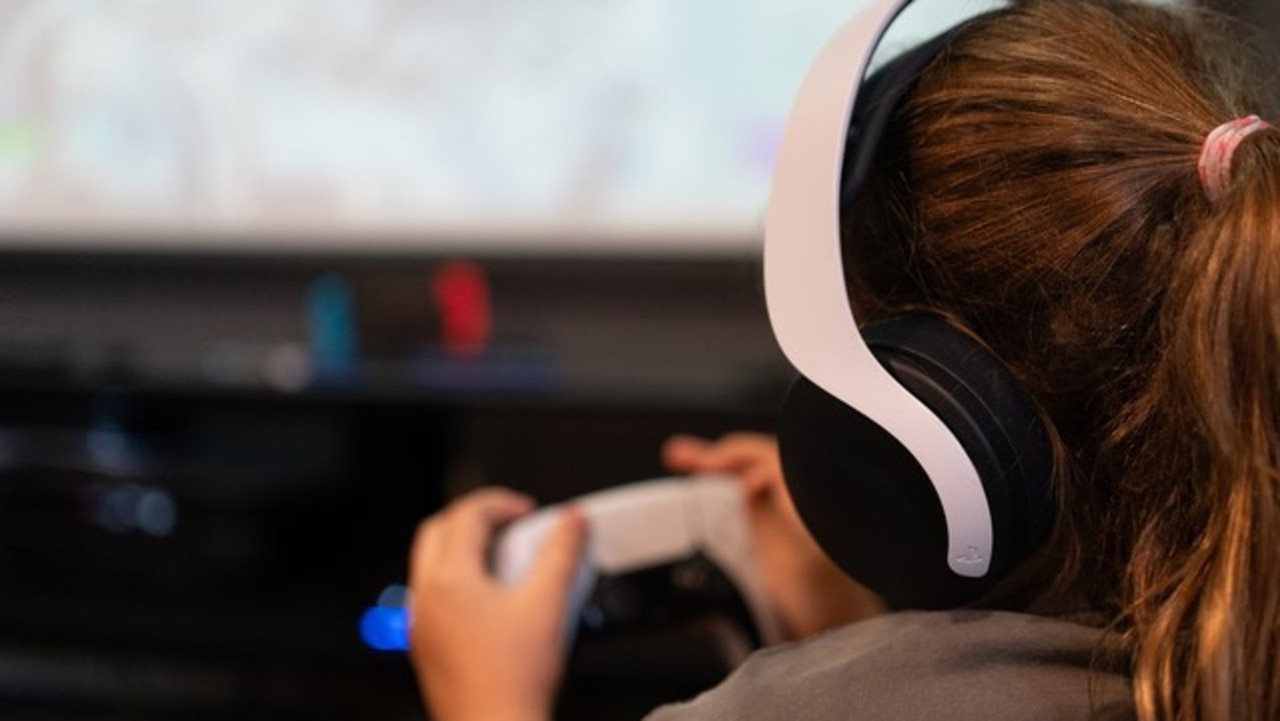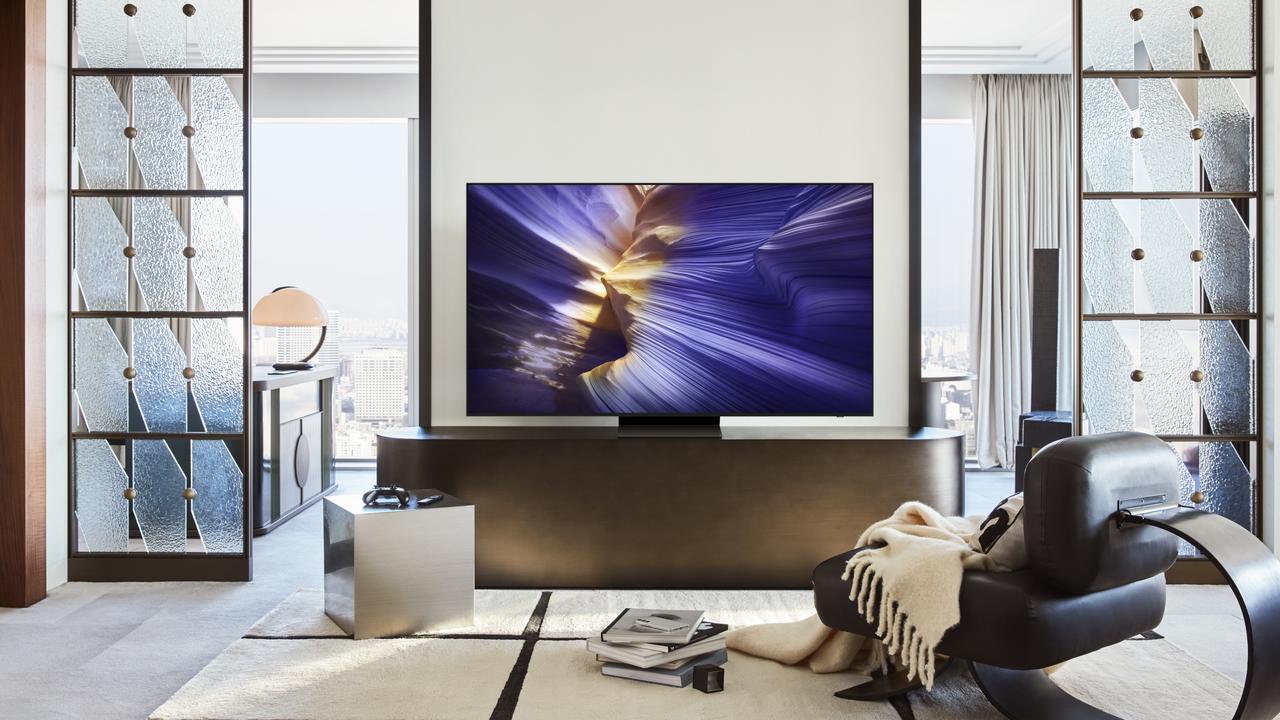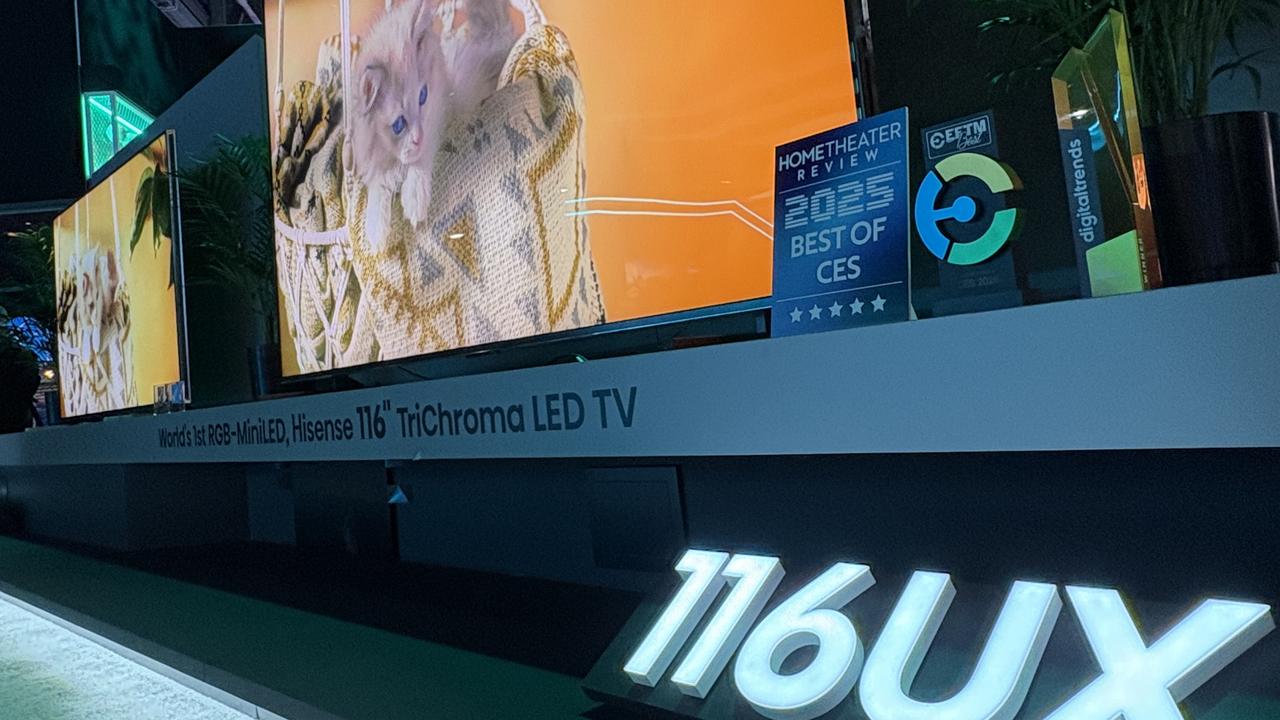Are Samsung smart TVs spying on us, like in ‘1984’?
SAMSUNG is warning customers not to discuss sensitive information in front of its TVs as spoken word gets captured and sent to third parties.

GLOBAL tech company Samsung has warned customers to stop making casually racist remarks, talking about their credit card details and talking dirty in front of their TVs.
The privacy policy for the company’s Smart TV sets advises users of the voice recognition feature that their spoken words will be “among the data captured and transmitted to a third party”.
Privacy campaigners have branded the policy “outrageous” and made comparisons to George Orwell’s description of telescreens, which spied on citizens in his novel 1984.
Left: Samsung SmartTV privacy policy, warning users not to discuss personal info in front of their TV Right: 1984 pic.twitter.com/osywjYKV3W
— Parker Higgins (@xor) February 8, 2015Samsung’s policy states: “Please be aware that if your spoken words include personal or other sensitive information, that information will be among the data captured and transmitted to a third party through your use of voice recognition. “While Samsung will not collect your spoken word, Samsung may still collect associated texts and other usage data so that we can evaluate the performance of the feature and improve it.” Emma Carr, director of privacy campaign group Big Brother Watch, said the company needed to understand that not everyone wanted to be spied on by their TV.
“It is outrageous that the company has even stated in its own privacy policy that if the TV’s owner does decide not to share their private information, then the company may still take the information anyway.
“This leaves users with no knowledge or control over where your information goes or who has access to it and that is simply unacceptable.”
In a statement, Samsung Australia insisited it takes consumer privacy seriously.
“Samsung takes consumer privacy very seriously and our products are designed with privacy in mind. We employ industry-standard security safeguards and practices, including data encryption, to secure consumers’ personal information and prevent unauthorised collection or use.
“Voice recognition, which allows the user to control the TV using voice commands, is a Samsung Smart TV feature, which can be activated or deactivated by the user. Should consumers enable the voice recognition capability, the voice data consists of TV commands, or search sentences, only. Users can easily recognise if the voice recognition feature is activated because a microphone icon appears on the screen.
“If a consumer consents and uses the voice recognition feature, voice data is provided to a third party during a requested voice command search to execute the command. At that time, the voice data is sent to a server, which searches for the requested content then returns the desired content to the TV.”
While other tech companies like LG have been known to do similar things in the past, it’s not often they are so open about it. So why has Samsung been so open about it? To cover themselves legally if a third party gets hacked, most likely.
The company recently told The Daily Beastthat “In all of our Smart TVs we employ industry-standard security safeguards and practices, including data encryption, to secure consumers’ personal information and prevent unauthorised collection or use.” While in its statement, a key line was, “Samsung is not responsible for these providers’ privacy or security practices.”
The Voice recognition feature was used by Samsung to help sell their recent model TVs, however it can be disabled if you are worried what it’ll catch you saying.
News.com.au approached Samsung Australia for comment.



